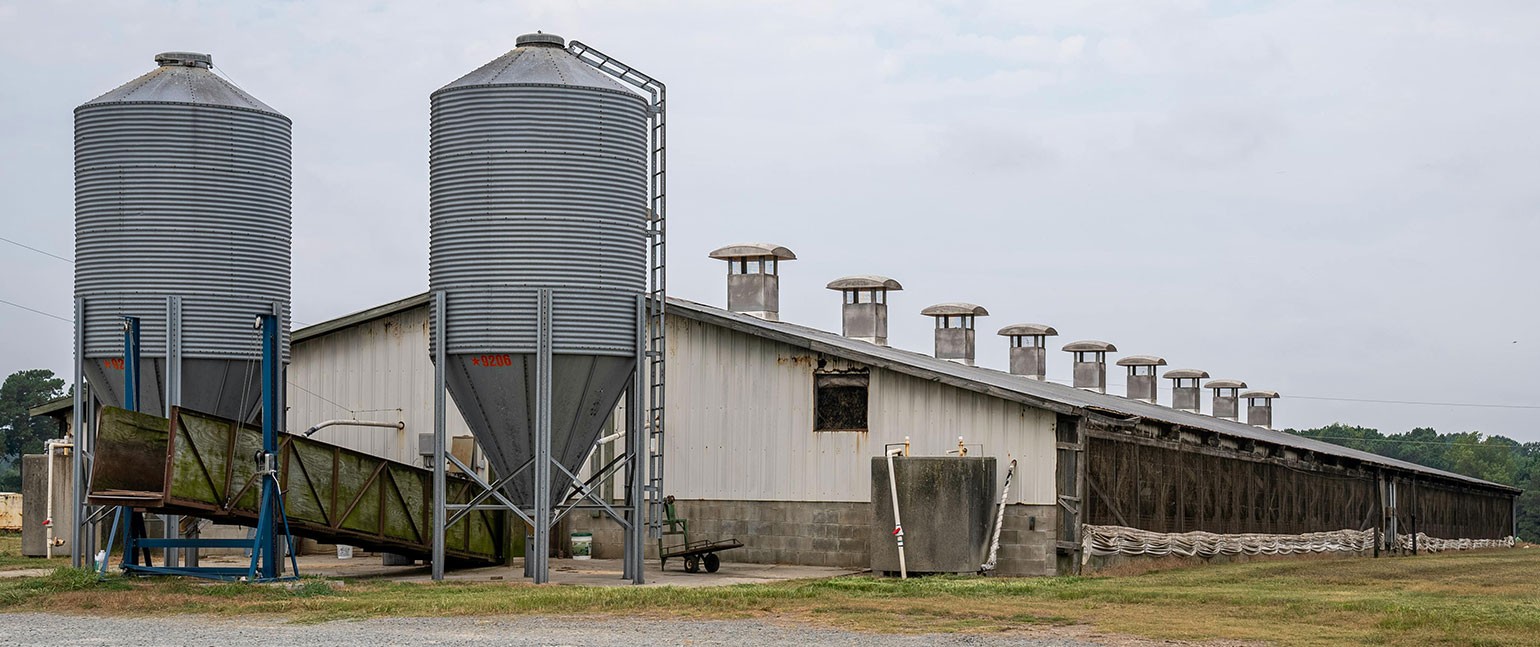I. The Role of Nitrogen in Fertilizer Production
Nitrogen gas (N₂) is a critical raw material or auxiliary gas in fertilizer production, playing roles throughout multiple stages:
1.Direct Use as Raw Material for Synthetic Fertilizers
Synthetic Ammonia Production: Nitrogen reacts with hydrogen (H₂) under high temperature, pressure, and catalysts to form ammonia (NH₃), which is the foundational raw material for nitrogen fertilizers (e.g., urea, ammonium nitrate, and ammonium-based fertilizers).
2.Protective Gas and Oxidation Prevention
• Oxidation and Explosion Prevention: In fertilizer processing (e.g., granulation, drying, storage), nitrogen is used to isolate oxygen, preventing spontaneous combustion or oxidative degradation of flammable materials (e.g., powdered fertilizers).
• Inert Atmosphere: Introducing nitrogen into high-temperature reactors prevents oxidation deactivation of metal catalysts.
3.Special Fertilizer Processes
• Coated Fertilizers: Nitrogen acts as a carrier gas for spraying coating materials (e.g., sulfur, resins) to control nutrient release rates.
• Organic Fermentation: Nitrogen injection during composting inhibits aerobic bacteria activity, reducing ammonia volatilization losses while minimizing odor.
II. Advantages of On-Site PSA Nitrogen Generation System
PSA (Pressure Swing Adsorption) nitrogen generation systems physically separate nitrogen from air, offering the following benefits:
1.Economic Advantages
• Reduced Raw Material Costs: Uses air as raw material, eliminating the need for external liquid nitrogen or hydrogen purchases. Long-term operational costs are significantly lower than traditional cryogenic air separation or transportation of liquid nitrogen.
• Lower Transportation and Storage Costs: On-site nitrogen production avoids long-distance liquid nitrogen transport and tank rental expenses, ideal for remote locations or continuous production.
2.Efficient and Flexible Production
• Rapid Response: Quick start/stop capability with customizable purity (95%-99.9995%) and flow rates to match different process stages (e.g., synthetic ammonia, granulation, packaging).
• Continuous Supply: 24/7 uninterrupted operation ensures a continuous nitrogen supply for fertilizer production lines, preventing downtime due to supply interruptions.
3.Safety and Environmental Protection
• Risk Mitigation: No liquid nitrogen storage tanks are needed, avoiding the risks of low-temperature leakage and explosion, and reducing the safety control pressure in the chemical plant area.
• Low-Carbon and Environmentally Friendly:PSA nitrogen generation features low energy consumption and does not produce harmful byproducts, thereby aligning with the green transformation requirements of the fertilizer industry.
4.Adaptability to Complex Conditions
• Robust Design: Compact and durable equipment suitable for high-load operation environments in fertilizer plants.
• Scalability: Modular systems allow flexible expansion according to production scale, avoiding substantial upfront investments.
5.Improved Product Quality
• High-Purity Nitrogen: Effectively prevents impurities (e.g., oxygen, moisture) contamination, ensuring purity and stability of products like synthetic ammonia and urea.
• Precision Oxidation Control: Provides oxygen-free environments during granulation and drying to reduce caking or moisture absorption in fertilizers.
In fertilizer production, nitrogen serves as both a core raw material and a critical protective gas. Choosing PSA nitrogen generation systems significantly reduces production costs, enhances safety, and enables flexible, efficient nitrogen supply. This technology is a key strategic choice for modern fertilizer enterprises seeking process optimization and competitive advantage.



